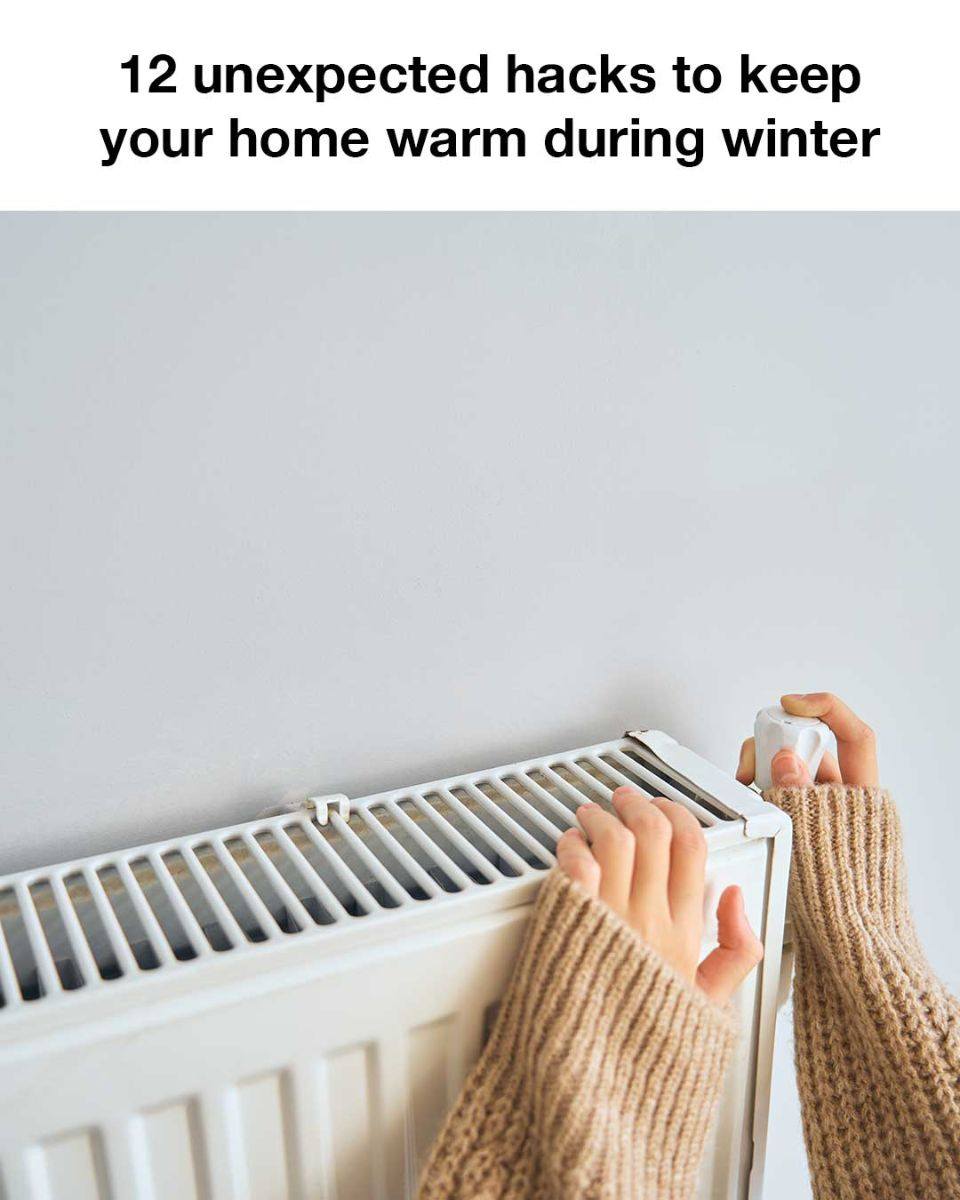ADVERTISEMENT
As winter approaches, keeping your home warm becomes a priority. While turning up the heat is an obvious solution, it can lead to high energy bills. Fortunately, there are several unexpected hacks that can help you maintain a cozy home without breaking the bank. These tips not only enhance warmth but also improve energy efficiency, making your home more comfortable and environmentally friendly.
Understanding Heat Loss in Homes
Before diving into the hacks, it’s essential to understand how heat loss occurs in homes. Heat escapes through various channels, including windows, doors, walls, and roofs. Identifying these areas can help you target your efforts more effectively. Common culprits of heat loss include drafts, poor insulation, and inefficient heating systems. By addressing these issues, you can significantly reduce heat loss and keep your home warmer.
The Importance of Insulation
Insulation is a critical component in maintaining a warm home. It acts as a barrier to heat flow, keeping warmth inside during the winter. Proper insulation can reduce energy costs and improve comfort. Areas such as attics, walls, and floors should be well-insulated to prevent heat from escaping. Investing in good insulation is one of the most effective ways to enhance your home’s warmth and energy efficiency.
1. Use Thermal Curtains for Better Insulation
Thermal curtains are designed to block drafts and retain heat. They are made with thick, insulated fabric that helps prevent heat from escaping through windows. By installing thermal curtains, you can reduce heat loss and keep rooms warmer. They are particularly effective at night when temperatures drop, providing an extra layer of insulation.
2. Seal Drafts with Weatherstripping
Drafts can significantly contribute to heat loss, making your home colder. Weatherstripping is an affordable and effective solution to seal gaps around windows and doors. By applying weatherstripping, you can block cold air from entering and warm air from escaping, enhancing the overall warmth of your home.
3. Utilize Rugs to Retain Heat
Floors can be a major source of heat loss, especially if they are not insulated. Adding rugs can help retain heat by providing an extra layer of insulation. Rugs trap warmth and prevent cold air from seeping through the floors, making your home feel cozier and warmer.
4. Install a Programmable Thermostat
A programmable thermostat allows you to control your home’s temperature more efficiently. You can set it to lower the temperature when you’re not home and raise it before you return. This ensures that your home is warm when you need it, without wasting energy when you don’t.
5. Reverse Ceiling Fans to Distribute Warm Air
